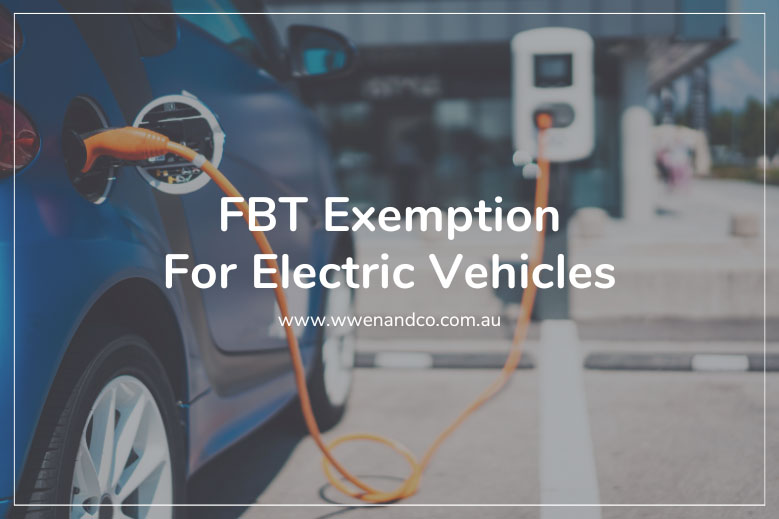
With car fringe benefits one of the most common benefits provided by employers to employees, a new ATO fact sheet shines more light on the FBT exemption for electric vehicles.
Understanding the FBT Exemption for electric vehicles
To recap, in the October 2022 Federal Budget, the government announced that it would exempt from FBT the private use, or availability for use, of cars to current employees that are zero or low emissions vehicles with a value at first retail sale below the luxury car tax threshold for fuel efficient vehicles.
This is aimed at making electric cars more affordable, to encourage a greater take-up of electric cars by Australian road users to reduce Australia’s carbon emissions from the transport sector.
FBT exemption for zero emissions vehicles
The new law applies to fringe benefits provided on or after 1 July 2022 for cars that are eligible zero or low emissions vehicles that are first held and used on or after 1 July 2022 (see examples 1 and 2 in the fact sheet).
To be clear, the new rules apply to cars that are collectively referred to as zero or low emissions vehicles, namely:
- battery electric vehicles
- hydrogen fuel cell electric vehicles, and
- plug-in hybrid electric vehicles.
Review of FBT exemption for electric vehicle uptake
For such vehicles, an FBT exemption should normally apply where both: the value of the car is below the luxury car tax threshold for fuel efficient vehicles ($84,916 for the 2022/23 financial year), and the car is both first held and used on or after 1 July 2022.
From 1 April 2025, private use of a plug-in hybrid EV is no longer eligible for the exemption unless: (i) use of the plug-in hybrid electric vehicle was exempt before 1 April 2025; and (ii) the employer has a financially-binding commitment to continue providing private use of that vehicle on and after 1 April 2025.
Other key points in the facts sheet are:
- An FBT exemption may apply to a car benefit arising if either:
- you allow your current employees, or their associates, to use a zero or low emissions vehicle (electric vehicle) for their private use, or
- the electric vehicle is considered available for your current employees’, or their associates’, private use under FBT law
- If an employer or lessor provides an employee with the use of a car by means of a lease arrangement, the benefit provided is only a car benefit if the car lease arrangement is a bona fide car leasing arrangement.
- Associated benefits arising from the provision of certain car expenses provided with the electric vehicle are also exempt from FBT. These are not included when working out if an employee has a reportable fringe benefits amount. These benefits may be provided as an expense payment, property or residual benefit, and include: registration and road user charges, insurance, repairs and maintenance and fuel (including electricity to charge and run electric vehicles).
- Providing your employee with a home charging station is a fringe benefit – the benefit is not an exempt associated benefit.
- If the use of the car and the associated car expenses are provided under a salary sacrifice arrangement, the exemption can still apply. Please contact our tax consultant on (02)8090 2449 at W Wen & Co.
- Even if an exemption applies for the electric vehicle car benefit, you still need to work out the taxable value of the car benefit provided. This is because the car benefit’s value is used in working out if the employee has a reportable fringe benefits amount. This does not include the value of any associated car expense benefits.
- An employee’s reportable fringe benefits amount is reported on their income statement or payment summary. Employees do not pay income tax on this amount, but it does impact their income tests and thresholds for family assistance, child support assessments and some other government benefits and obligations.
- The government will complete a review of this exemption by mid-2027 to consider electric vehicle take-up.

